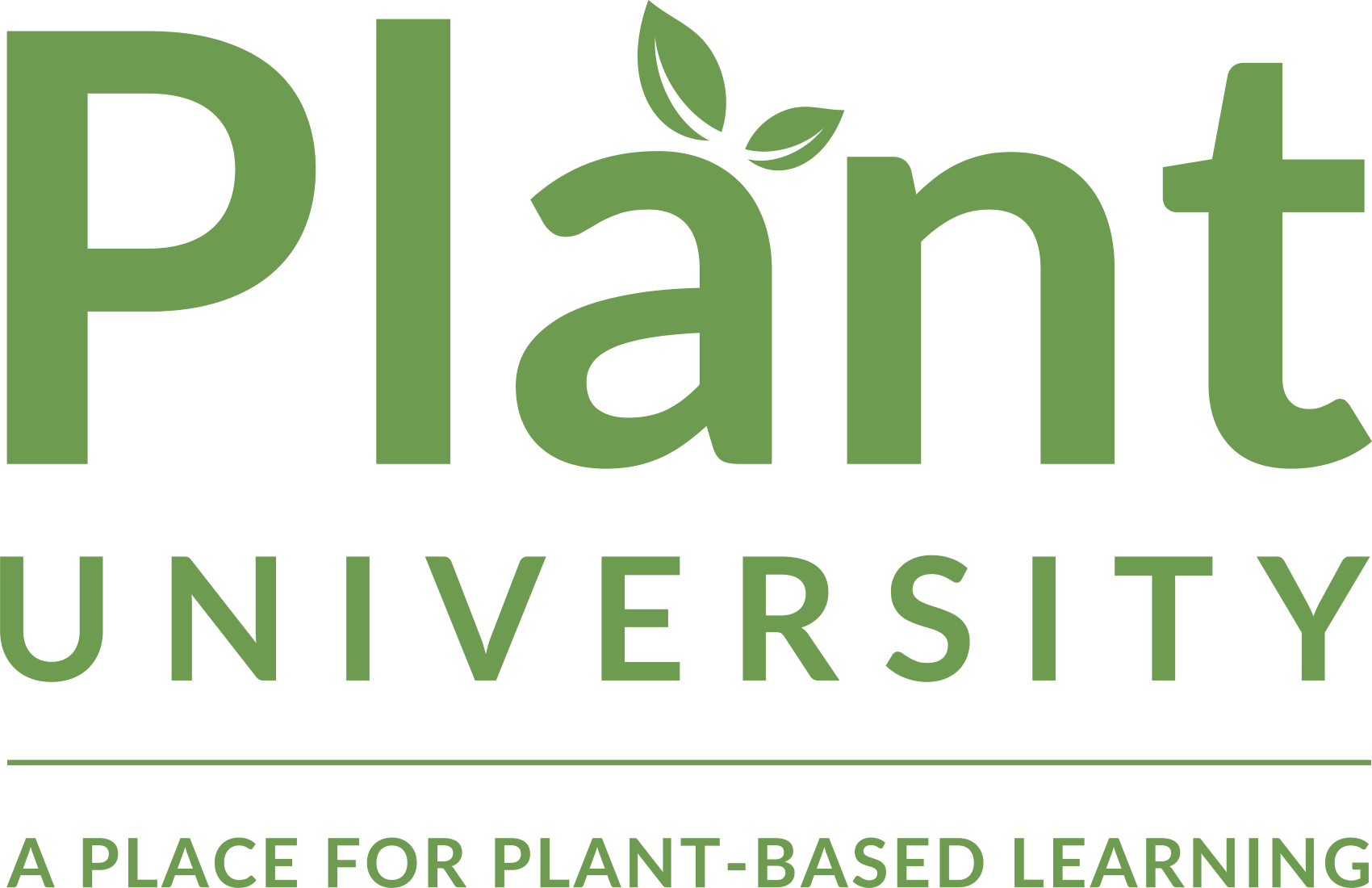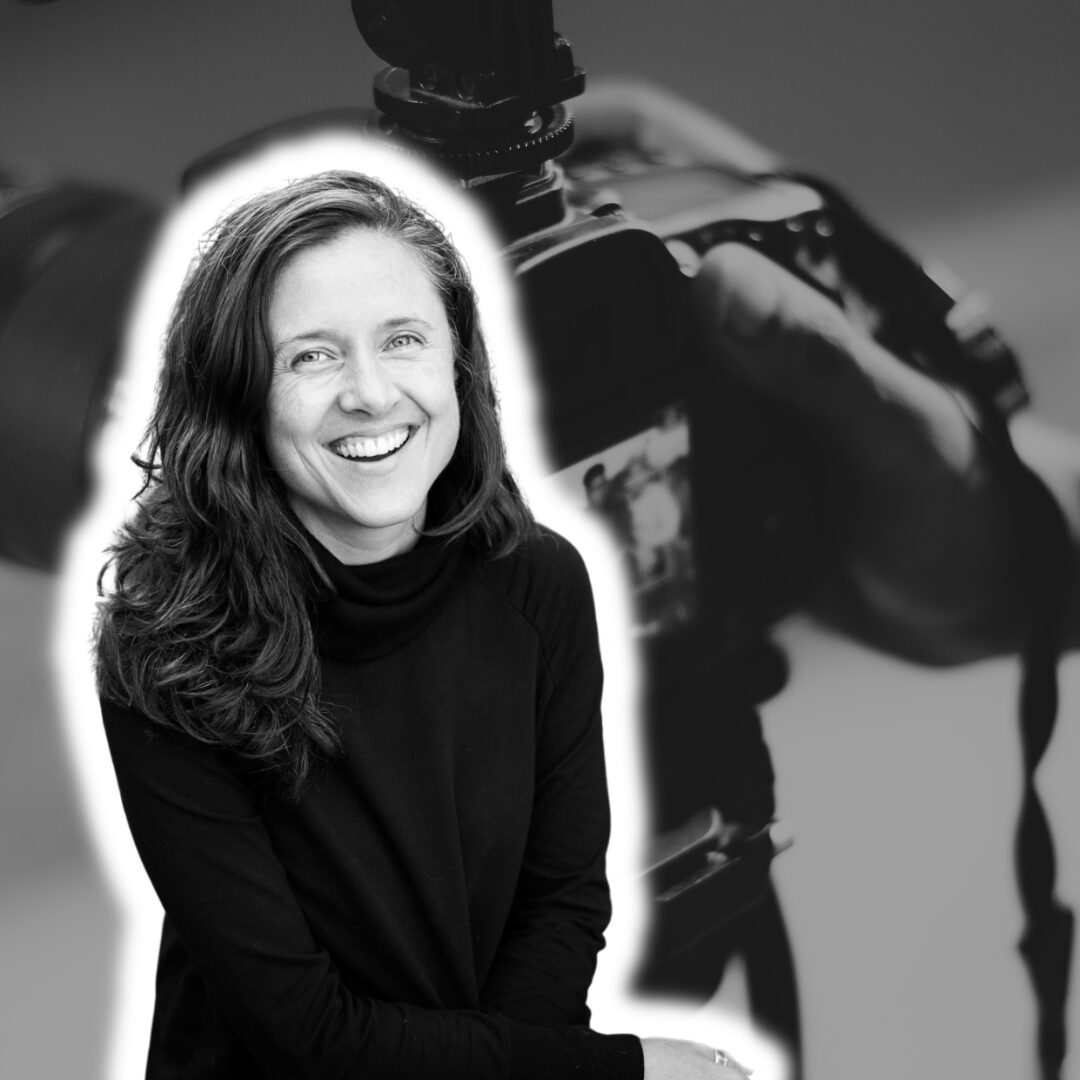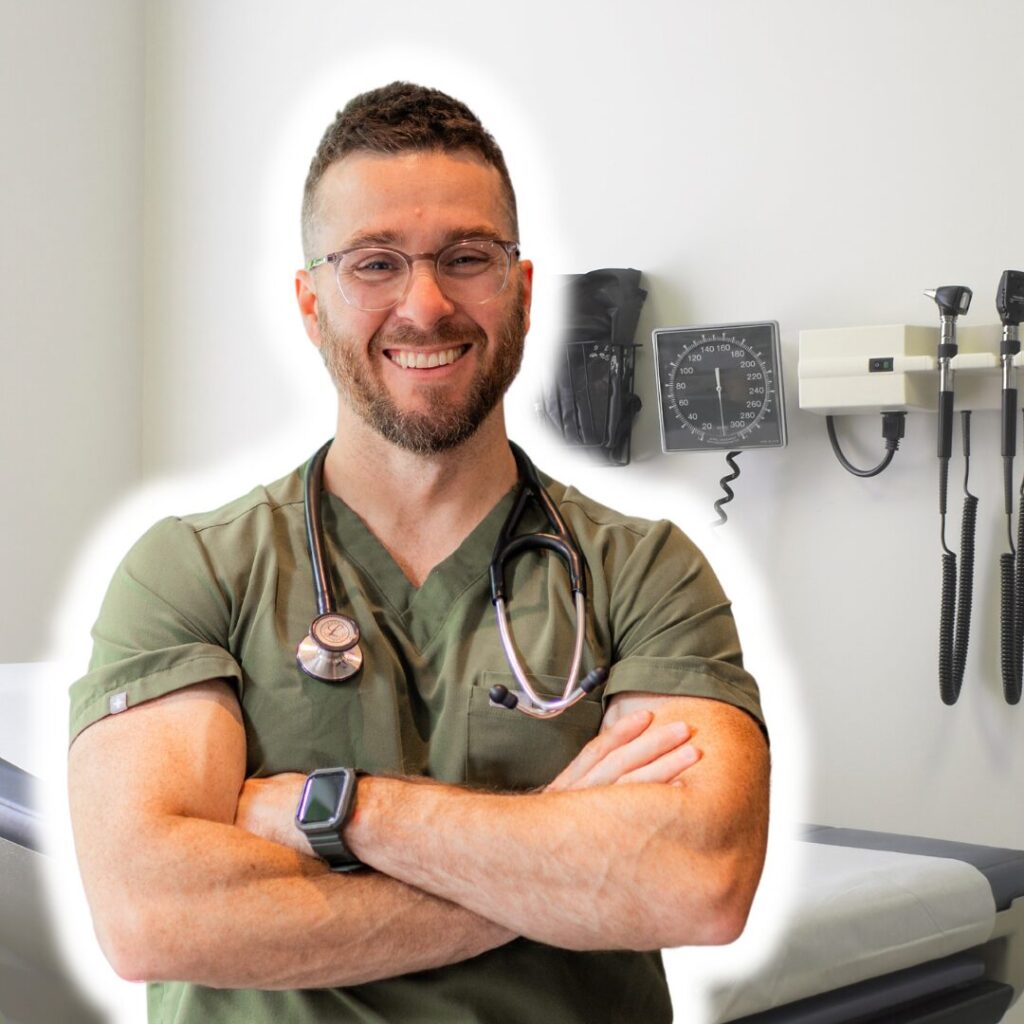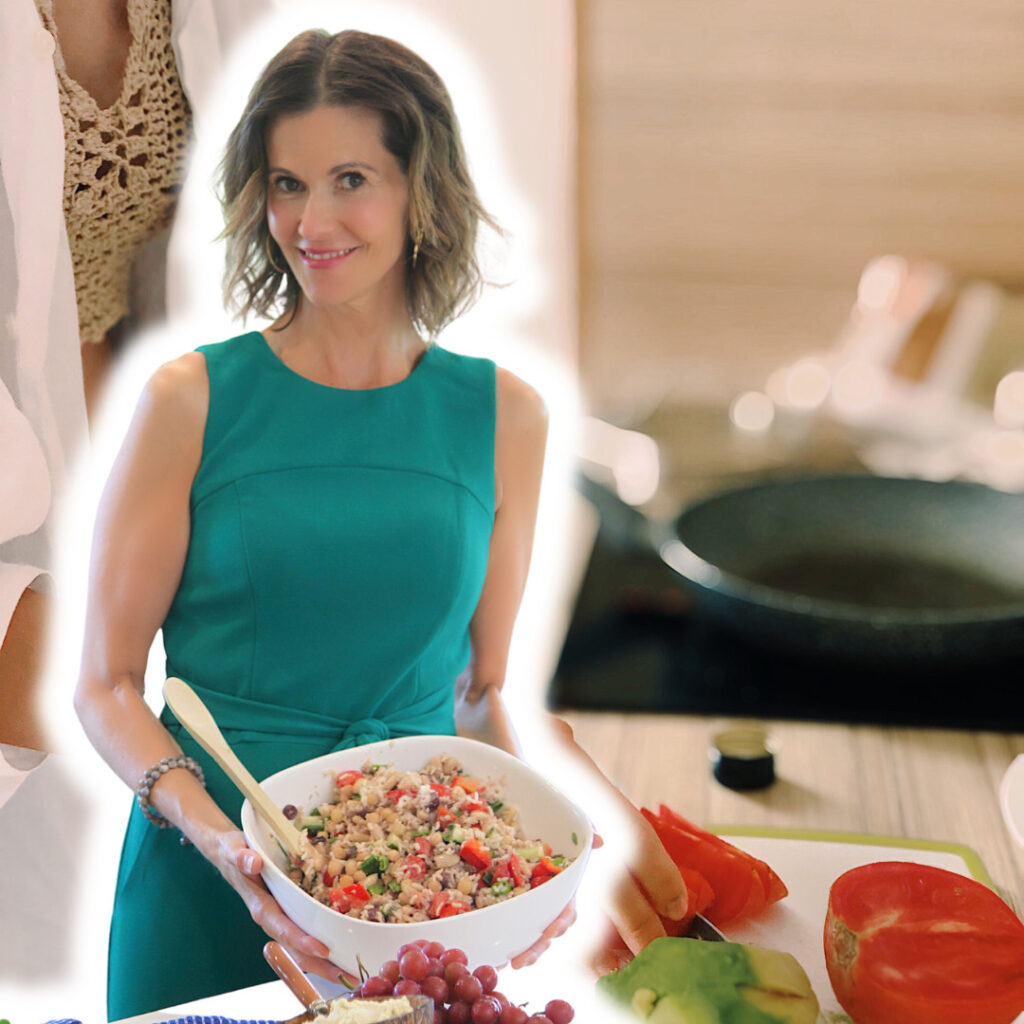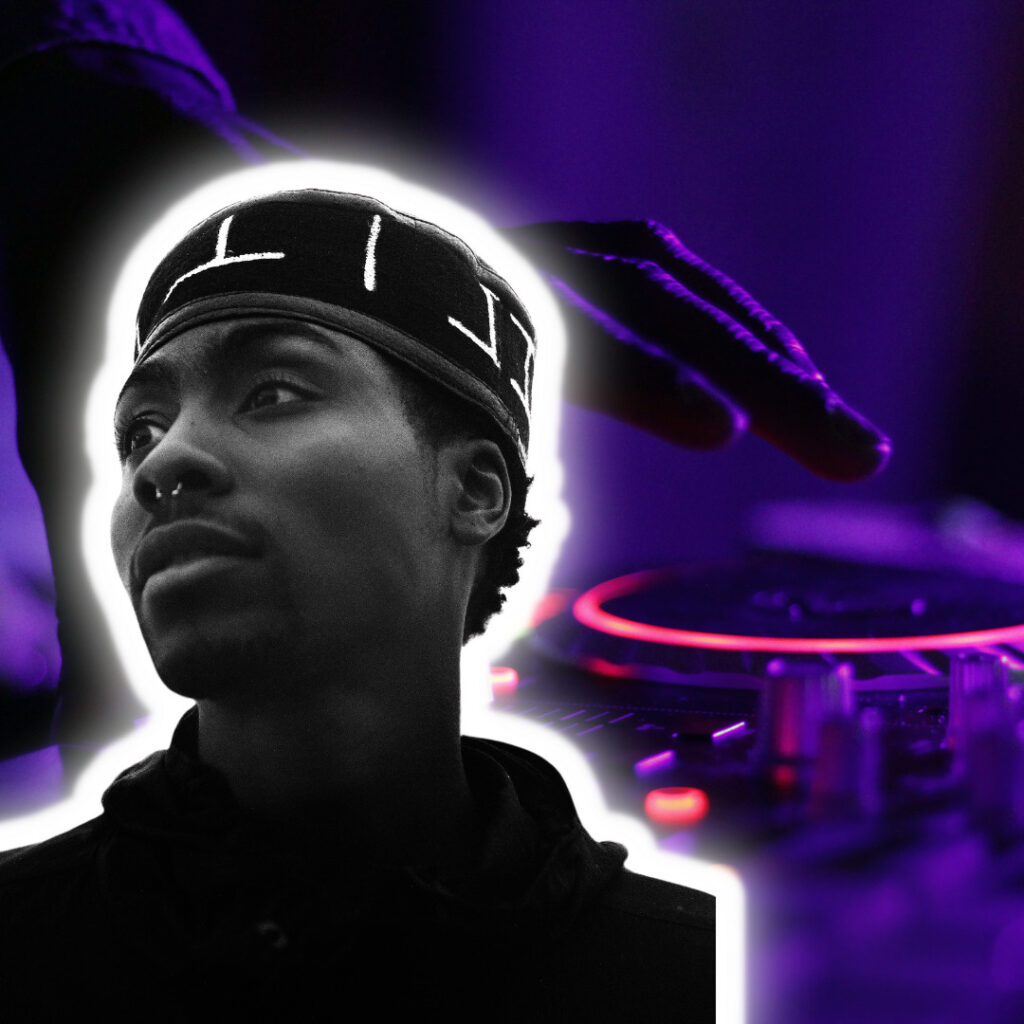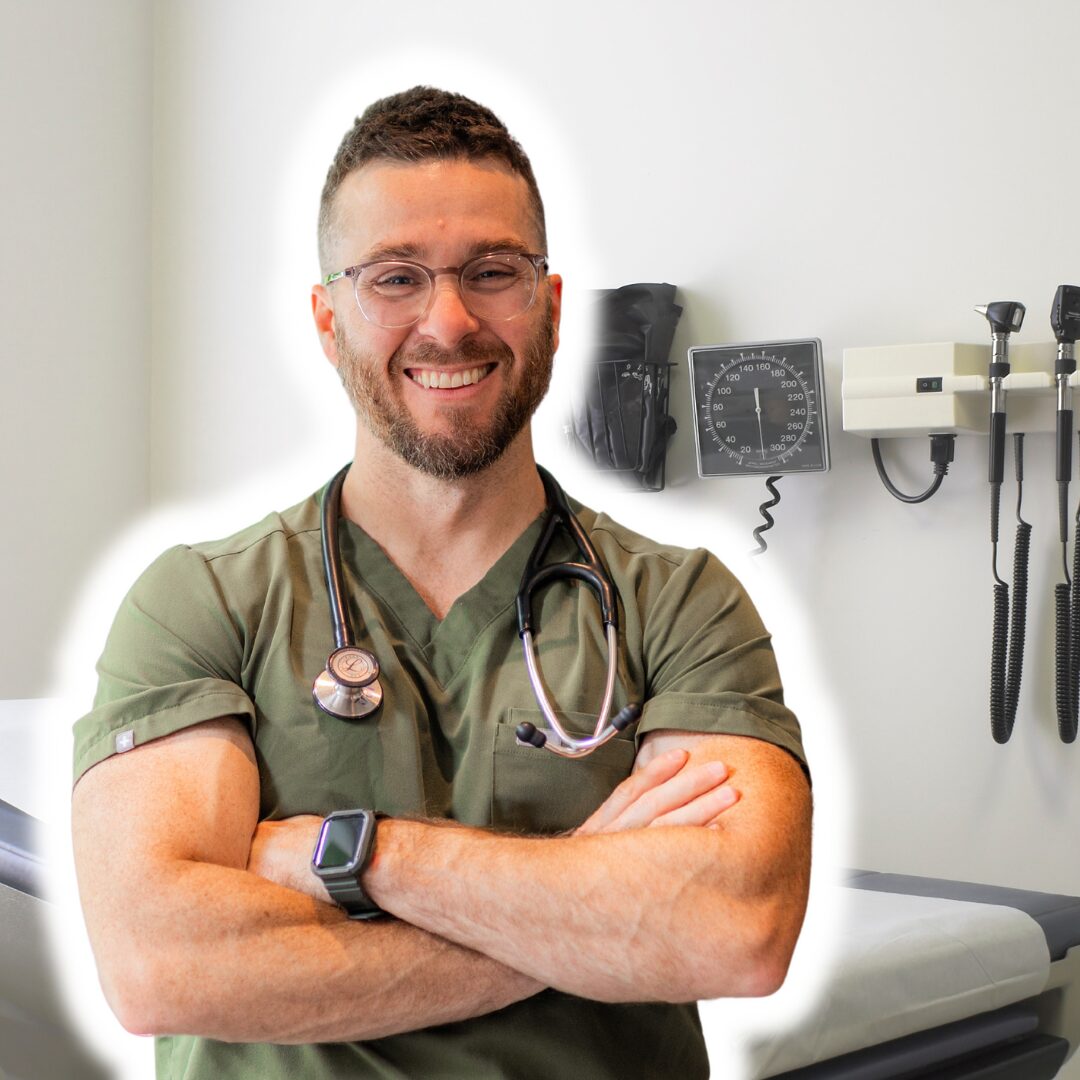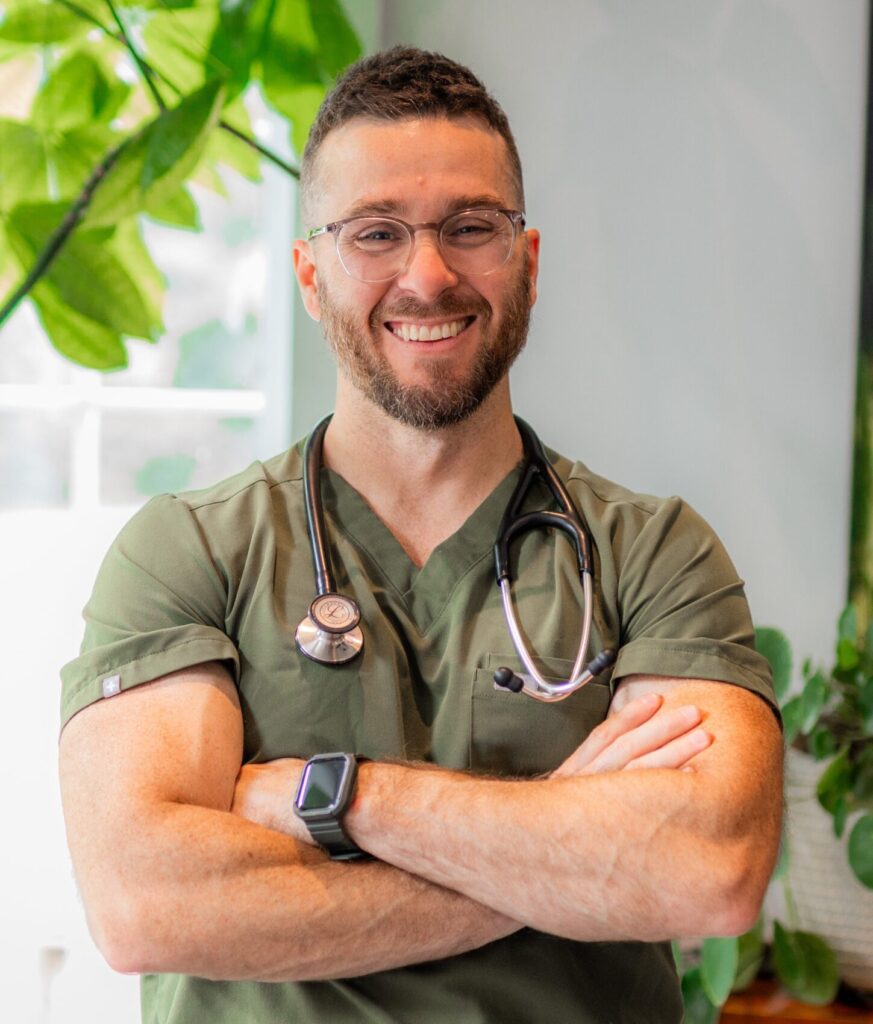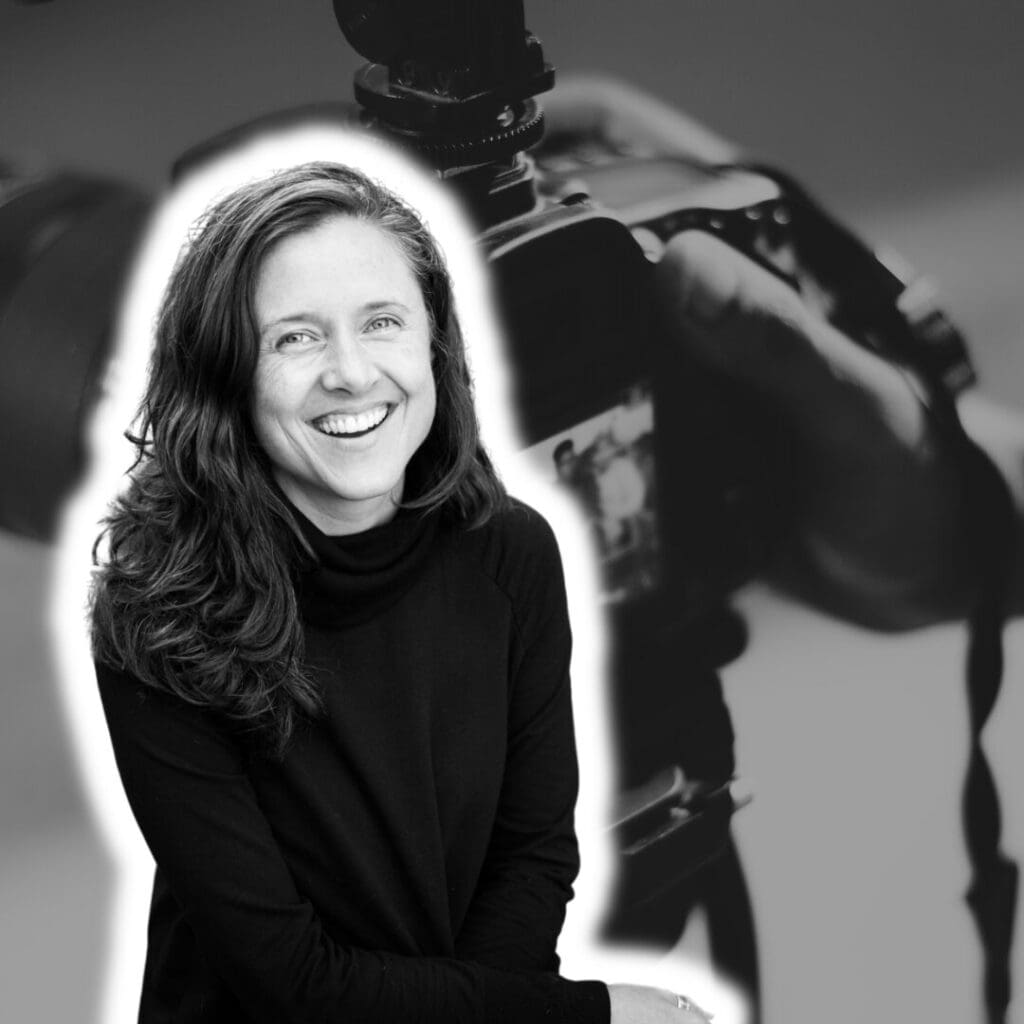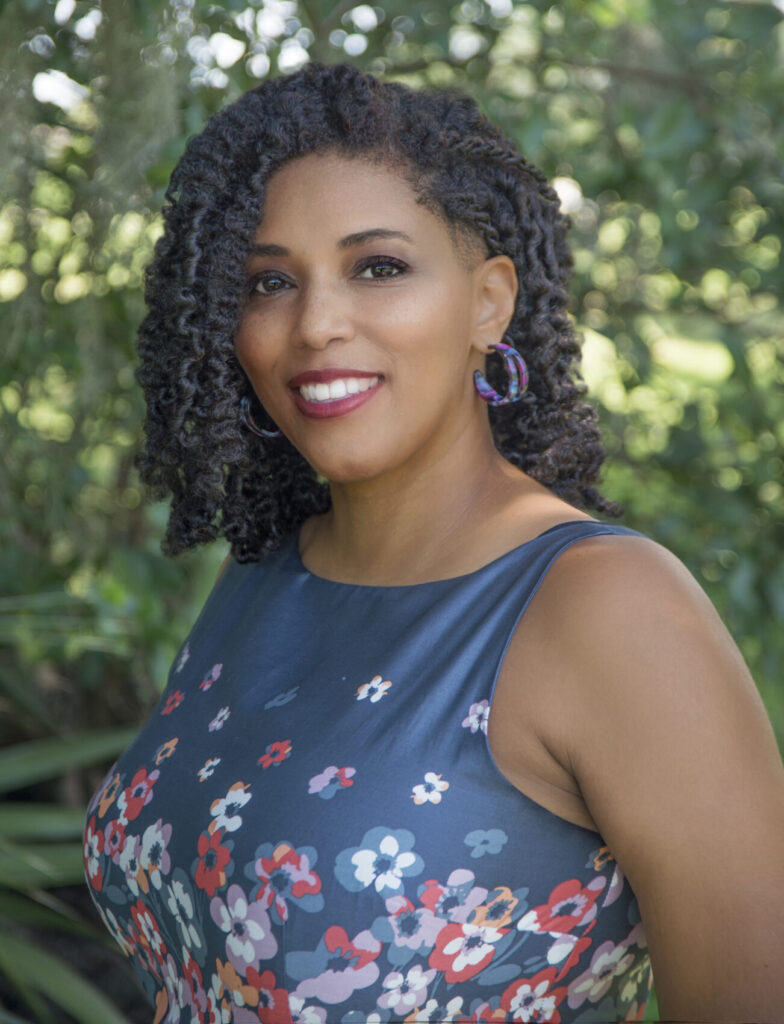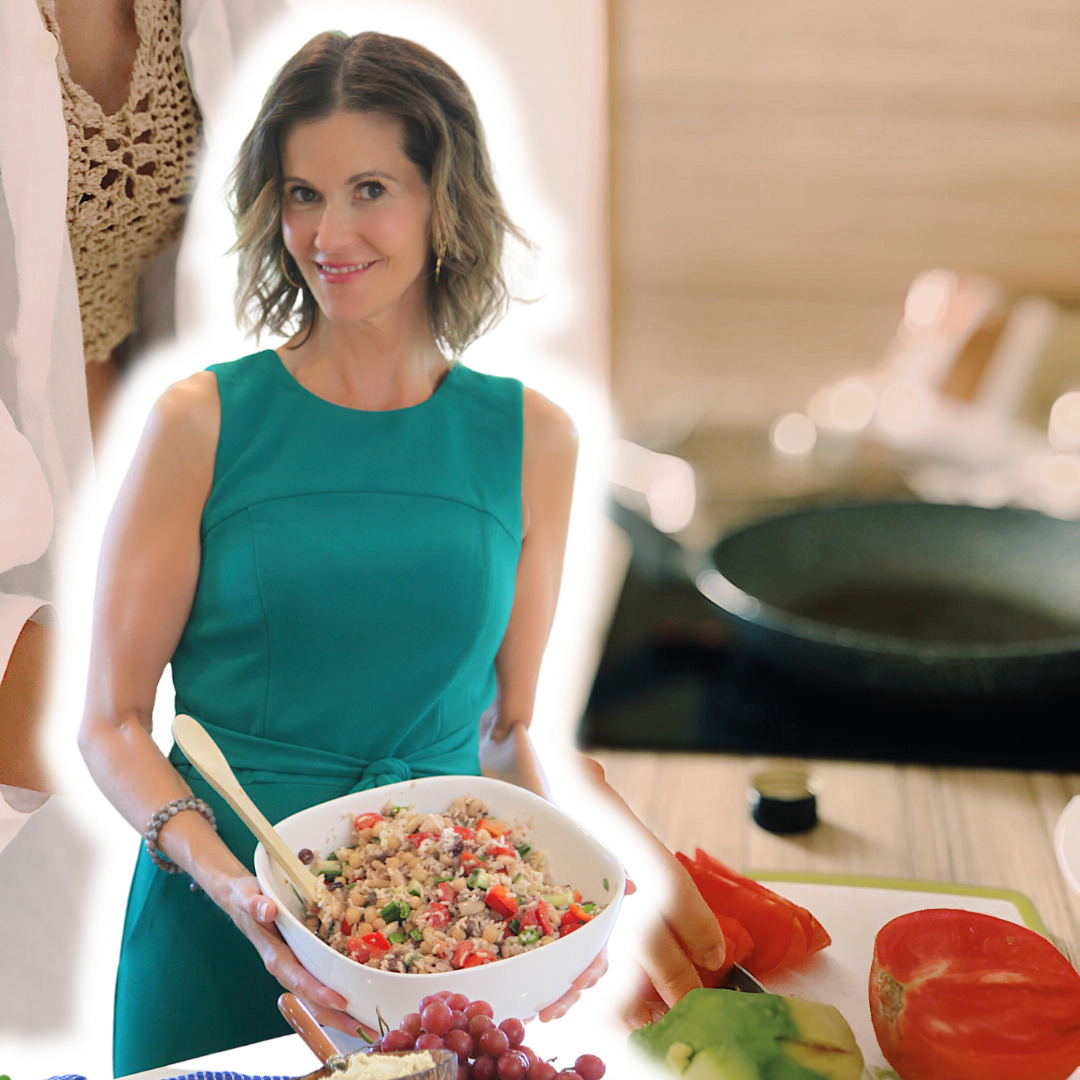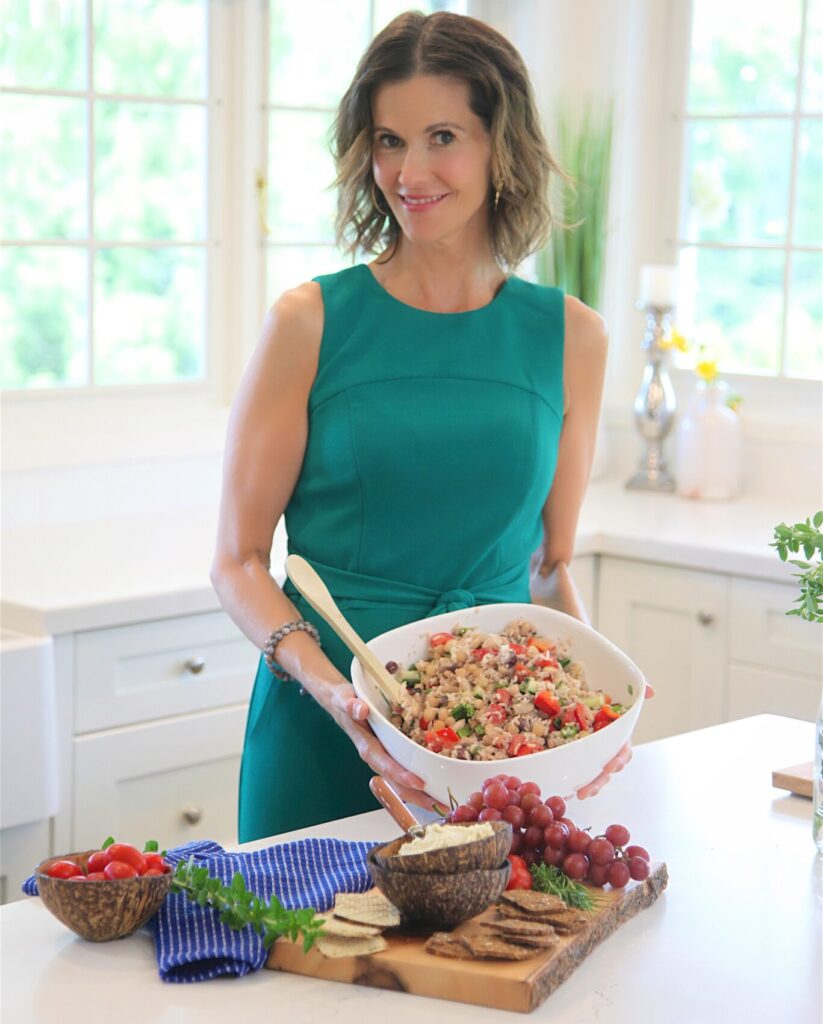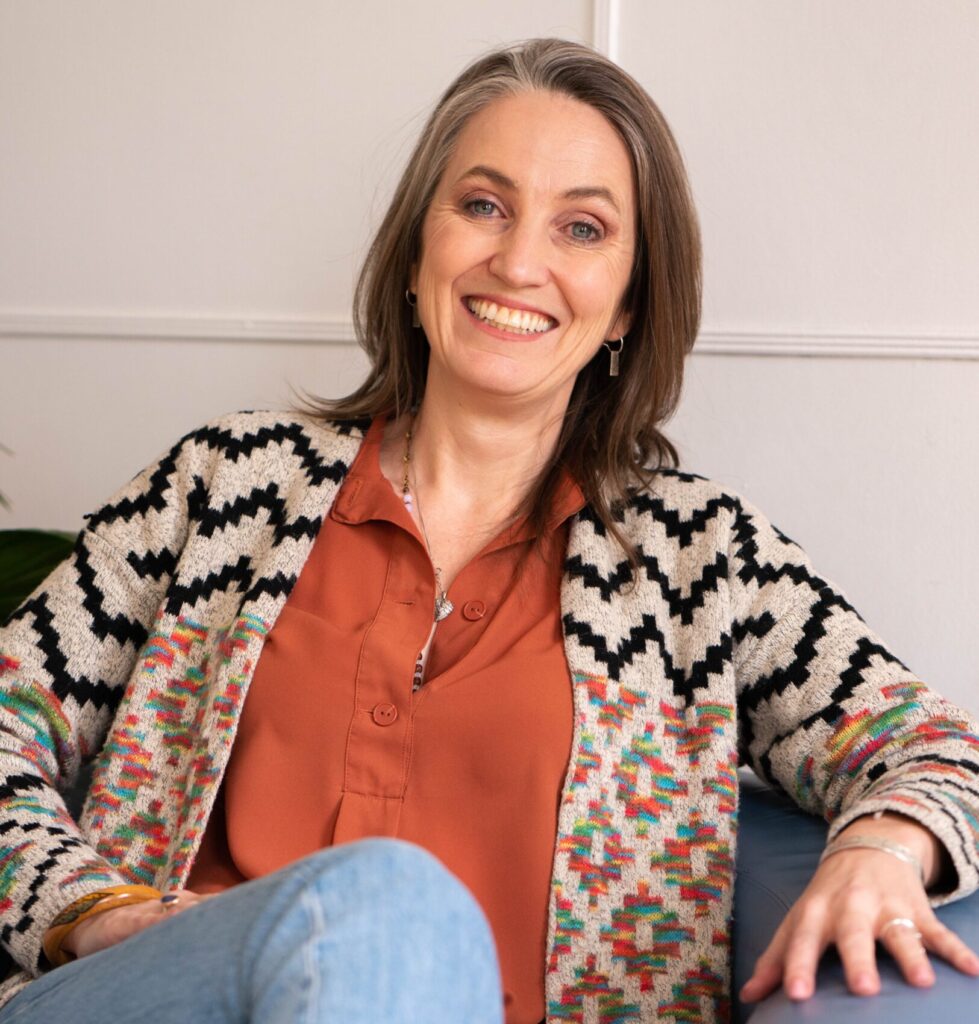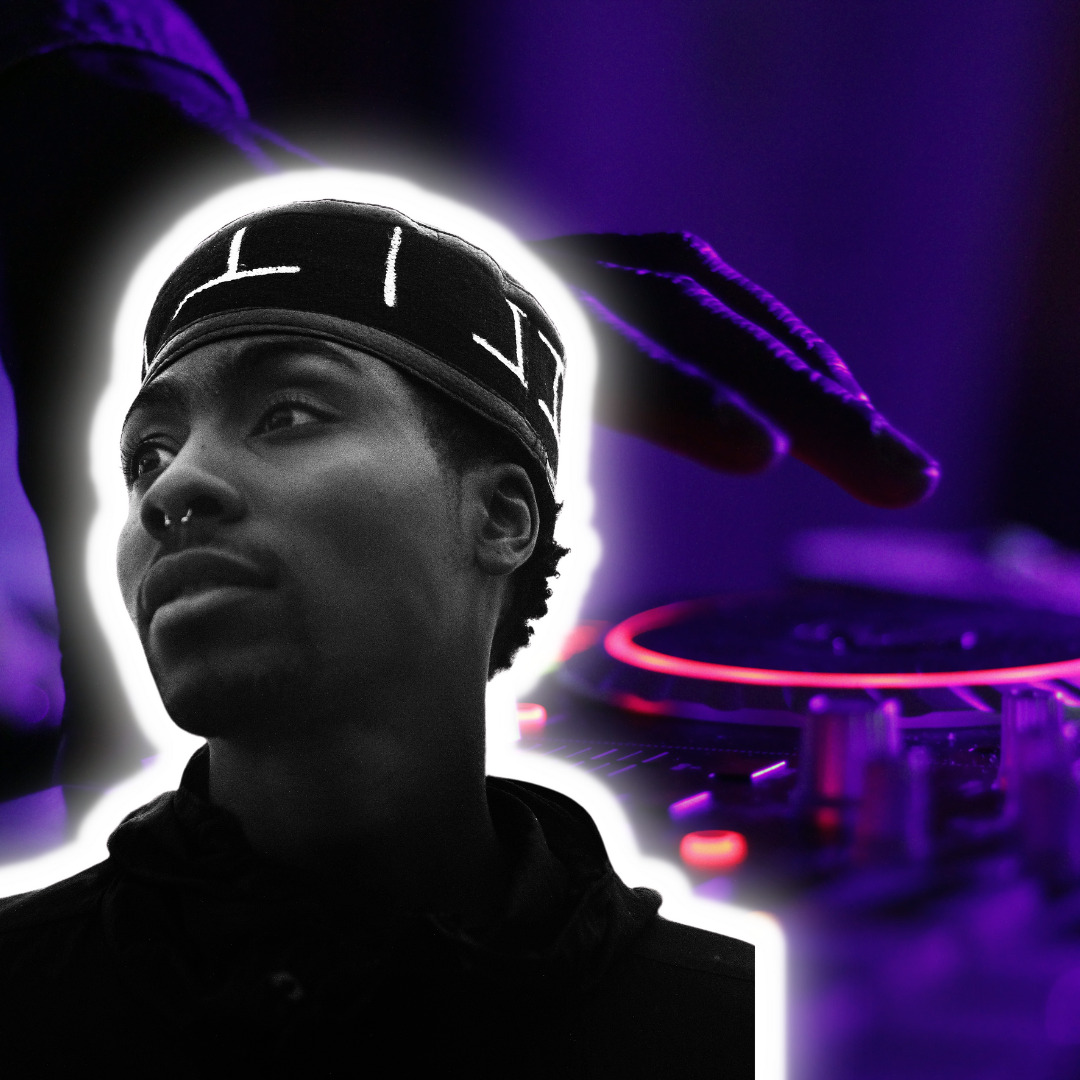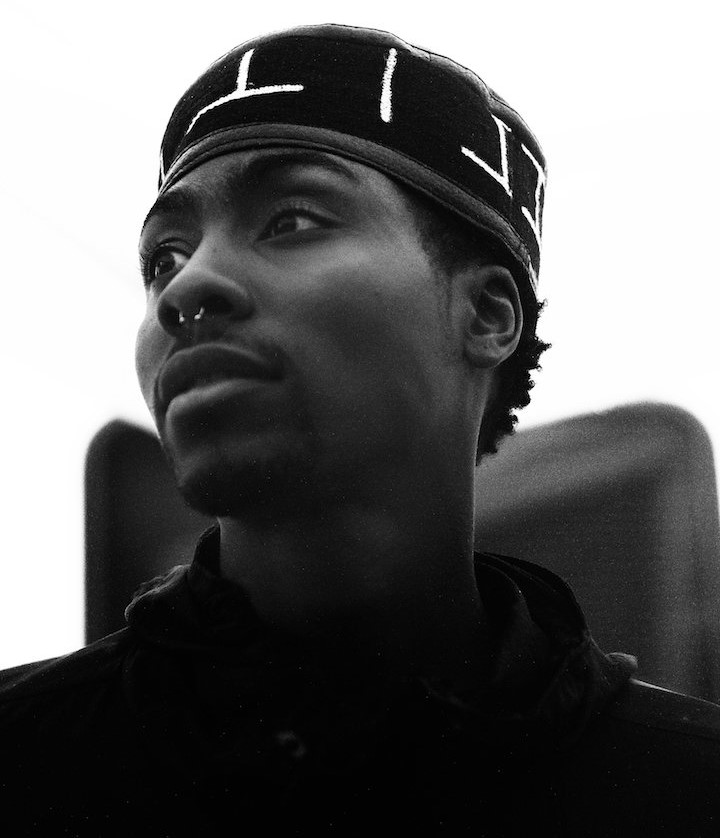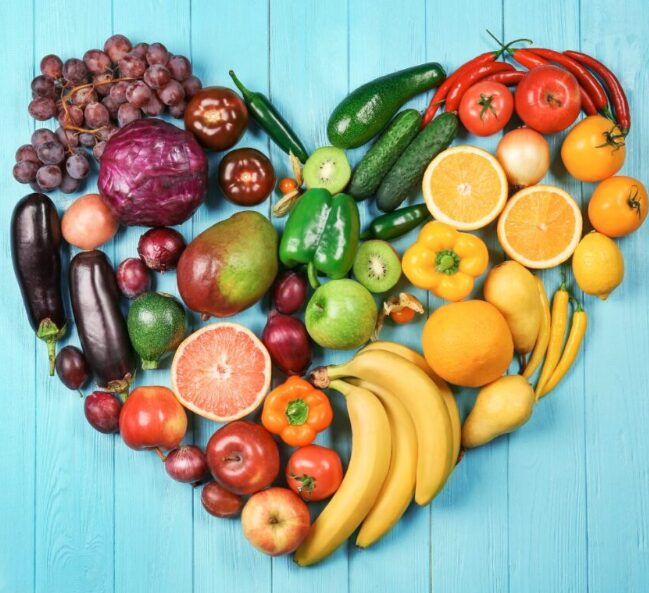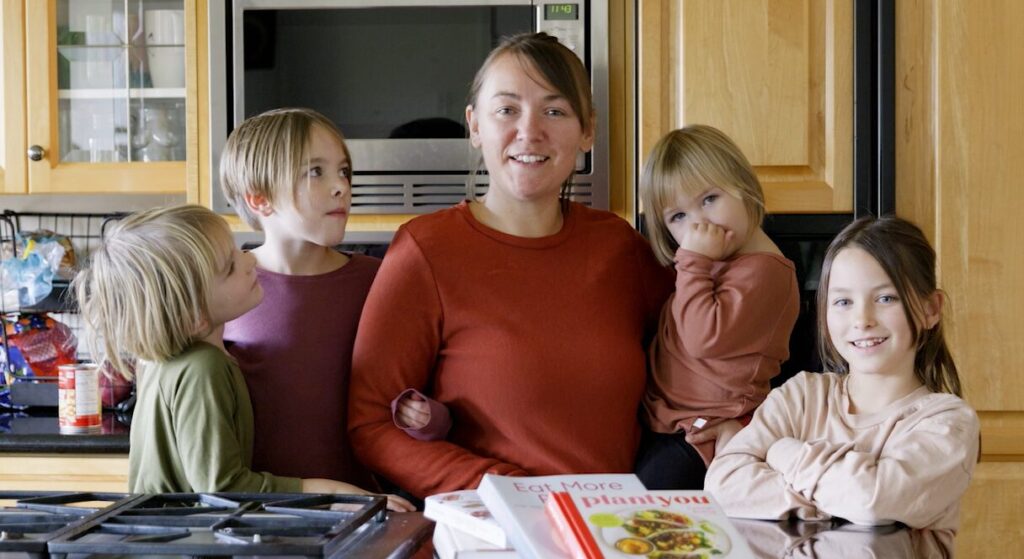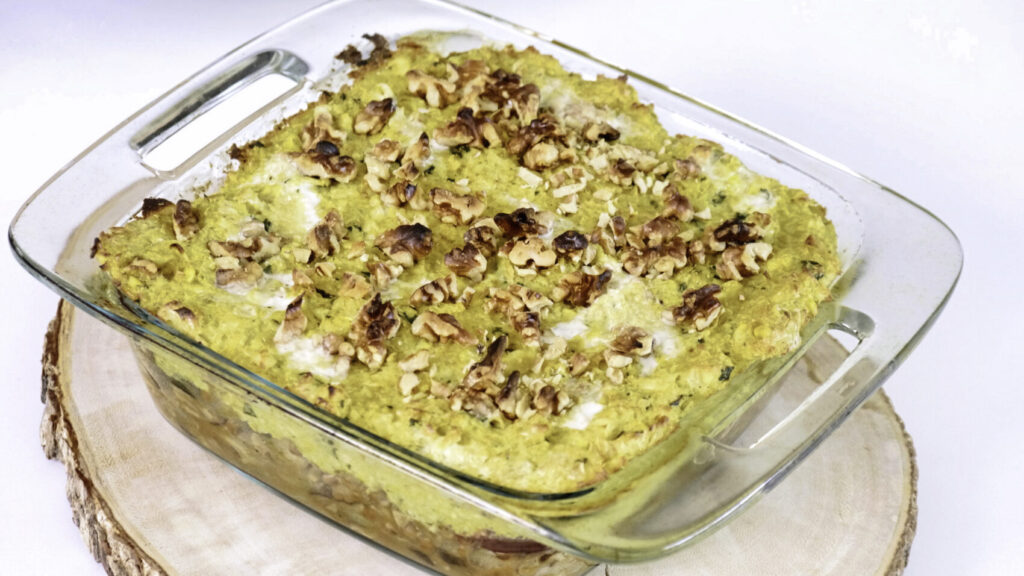I’m a photojournalist; here’s how I advocate for animals using the power of imagery
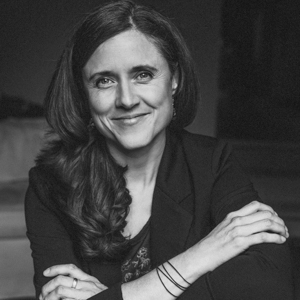
As part of our “Chat with a Vegan” series, Emma Levez Larocque sat down and spoke with Jo-Anne McArthur. Jo-Anne is a photojournalist and the founder of We Animals Media and is based out of Toronto, Ontario. We hope you find her experience and advice helpful no matter where you are on your own plant-based journey.
You can follow Jo-Anne across multiple platforms:
If you’re interested in learning more after reading this blog post, you can find great resources on the Vancouver Humane Society’s PlantUniversity Platform and subscribe to get free plant-based recipes and be notified when the next interview is posted.
Hello, my name is Jo-Anne McArthur. I’m a photojournalist and the founder of We Animals Media, and I’m based in Toronto, Canada.
How did you become vegan? How did it change your life?
I became vegan a little bit grudgingly. There was an opportunity at Farm Sanctuary in northern New York state to be an intern for a month and to work with rescued farmed animals. And I really wanted to do this. I was a vegetarian already and I was becoming an activist and I thought this would be a beautiful experience. However, you had to be vegan on the premises out of respect for the animals.
And I thought this was very extreme, but I would do it because I wanted the experience. Little did I know that after 24 hours of being an intern at Farm Sanctuary, I felt really aligned with myself, my morals, the direction I wanted to go in life, which was to not harm anyone. What I found after 24 hours of being vegan is that I was happy that I hadn’t hurt anybody.
I was a little scared, honestly, because I thought, oh, being vegan is to be ostracized and maybe to be a bit of an outcast. You know, I didn’t know, but I committed to it. Because I felt emotionally, psychologically, spiritually aligned, and it really did change my life.
What were the challenges you faced in going vegan?
When I first became vegan, I anticipated a lot of discord between me and friends and especially family members who I had spent a life with eating animals, and I felt that I was going to be disrupting things and I’m a real people pleaser, so this worried me.
I was worried that it would really inconvenience the people that I loved. But I was wrong about that. Of course, people need to make adjustments in their cooking when you go to their house, there are things like that that you tackle, but I decided not to make it a big overblown issue. I was like, yep, this is who I am. I’m a vegan. Let me help you with cooking. Let me tell you about all the wonderful things I eat. And I made it something joyous instead of something that was going to be stressful for me or for other people.
And I practiced that. I can’t say that I was great at it from the get go, but over time, people understood that I was vegan. It was fine.
In fact, when I go to restaurants or events and I’m the vegan at the table, it’s really neat to see people ask questions.
I’m eating differently. Why? And I answer those questions in just an open and joyful way. And I find that that brings people into the conversation about veganism and satisfies some of their curiosity and hopefully inspires other people to eat fewer or no animals as well.
What is your favourite food to eat?
My favourite thing to eat – well, this is hilarious because it’s a cliche.
I am a salad girl through and through and I will take big baking bowls and I will fill them with three different kinds of lettuces and proteins and some seeds or nuts and whatever’s in my fridge and make a really big, juicy, creamy dressing. My mouth is watering just talking about it. So I have a big salad like this every day.
And then I would say my favourite go-to treat right now is vegan cauliflower wings, like buffalo cauliflower wings. Oh my gosh. My mouth is watering just talking about it.
What is We Animals Media? Why did you start it?
I’m a photojournalist, and photojournalists always have stories that they want to pursue in the long term, and I wanted to cover animal issues. I wanted to photograph the invisible animals, as I call them – those we don’t give much thought to, the animals we eat and wear and use and, you know, medical research and so on.
I called this project We Animals until I was starting to get a bit of funding, and then we started operating as a photo agency. More photographers were coming on. We were giving assignments, we were licensing work, and we realized we’re more than a project. We are a photo agency. And so we founded We Animals Media, and we launched that officially in 2019.
What we do, essentially, is we make available images of invisible animals to anyone helping animals for free.
To date, we have over 25,000 visuals that people can use to improve their campaigning and their messaging, whether they are an NGO or an activist or an academic.
Why do you think images are such a powerful way to advocate for animals?
Images are a really powerful way to advocate for animals. It’s easier to engage someone in a split second with an engaging, a beautiful, a poignant image, even if it’s a difficult image that will grab people and lead them to the text, lead them to the information that you want them to know.
What’s interesting about what we do is that we’re often photographing really difficult circumstances. But we have to do that in a way that makes people not want to turn away. And they might turn away, but we want them to look back again at the image and engage in it.
And so what we do is we create poignant and visually arresting images that draw you in instead of push you away.
What are some of the challenges in your work?
There are a lot of challenges with doing this work now. First of all, access.
Unfortunately, animal photojournalists are not always welcome at the places that we want to document.
There’s also the challenge of engaging people with the images that we capture. When we ask people to confront images of industrial farming, fur farming, animal abuse, we’re also asking them to confront their relationship with these animals and their cultures and traditions. So it is a big ask. I understand that.
And that’s why when we show images, we include dialogue and conversation and information, because again, we don’t want people to turn away.
We want to pull them into a conversation, a really important conversation.
What advice would you give to someone finding it difficult to make a switch?
If you’re thinking about going vegan, just know that it’s quite joyful.
That was my fear when I became vegan. I thought I would be ostracized and that it would be hard. But I have felt really, really great with the decision. I feel very healthy. There’s lots to eat anywhere I go now. There’s delicious food to eat, whether it’s a veggie burger at your local pub or Indian food or Italian food.
So don’t be afraid, give it a try. Also, perfection is the enemy of the good. So, just do your best.
What advice do you have for going vegan beyond food?
There are several ways that veganism was incorporated into my life slowly. Certainly, it was through leading with delicious food and sharing delicious food with people, but then there are other kinds of vegan choices that you can make. For example, adopting an animal instead of buying an animal when there are millions of dogs and cats and other animals who are just languishing in shelters.
What I found when I became vegan is that I was thinking about animals in broader ways. I was thinking about the shelter animals. I was thinking about the needs of the urban wildlife. And so I started putting out water, that I see the squirrels and sometimes the raccoons drinking from.
Animals have it hard in this human dominated world. We have taken over every aspect and every corner of the globe. And so my veganism led me to think just a lot more broadly about how I could help all animals.
What do you find most rewarding about the work that you do?
The most rewarding aspect of my work is that as a frontliner who has now seen millions of animals in intense suffering, is that my efforts will make a difference because they do influence others when I speak up, whether it’s through what I’m eating or with my words or my photos.
I know that that’s reaching people and I’m doing my best and some days are hard because the problems are massive and there’s a lot of suffering and there’s a lot of work to do, but that doesn’t mean that I or anyone else should stop. I think we need to just band together and bring more people into the fold.
That is the joy of helping others and the joy of being kind to others in whatever actions we can take every single day. So that keeps me putting one foot in front of the other- hope and optimism and doing my best.
This interview from PlantUniversity’s “Chat with a Vegan” series was hosted by Emma Levez Larocque of Plant-based RHN and featured Jo-Anne McArthur.
More posts like this
I’m a family doctor; here’s what I tell my patients about going plant-based
I’m a family doctor; here’s what I tell my patients about…
Chat with a vegan: Stephanie Redcross West, business coach and marketing strategist
Chat with a vegan: Stephanie Redcross West, business coach and marketing…
Chat with a vegan: Dreena Burton, cookbook author and fascial stretch instructor
Chat with a Vegan: Dreena Burton, cookbook author and fascial stretch…
Chat with a vegan: Derek Simnett, nutritionist, YouTuber, and athlete
Chat with a Vegan: Derek Simnett, nutritionist, YouTuber, and athlete As…
Chat with a vegan: Pamela Fergusson, Registered Dietitian
Chat with a Vegan: Pamela Fergusson, Registered Dietitian As part of…
Chat with a vegan: Rian Peters, recording artist
Chat with a vegan: Rian Peters, recording artist As part of…
